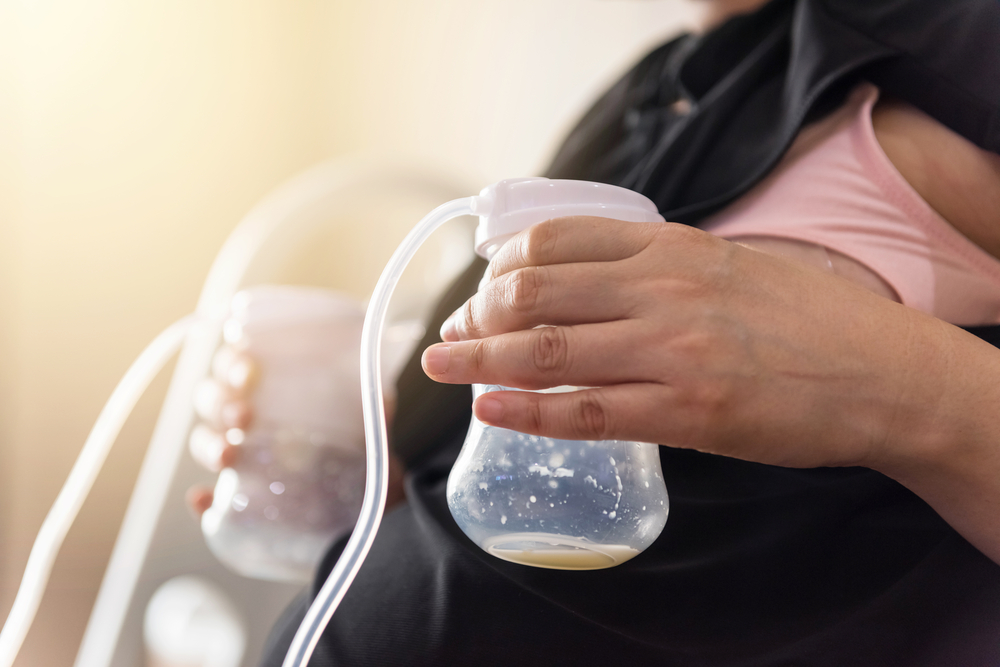At A Better Balance, we hear from hundreds of workers every year who call our free legal helpline to understand their workplace rights surrounding pregnancy, parenting, sick leave, family and medical leave, and more. When workers call us because they believe their rights have been violated, the best outcomes are those in which we are able to help them resolve the issue on their own, armed with information about the law. One recent caller, Jetaun, did just that.
Jetaun called us last month to learn more about her rights as a breastfeeding mother working in New York City. When Jetaun returned to her job as an airport office supervisor after giving birth earlier this year, she informed her employer that she was breastfeeding and would need a space to express milk while at work. According to her supervisor, she was the first employee at her company to ever request a lactation space.
While Jetaun was given a room to pump, the room was shared with another company, and a sign placed on the door was insufficient to ensure her privacy (which is often medically necessary for milk expression). At one point, a male employee entered without knocking while she was pumping. Jetaun was very upset by this violation of her privacy, and she brought the issue to a manager, to no avail.
At that point, Jetaun called our helpline. We informed her that under the New York City Human Rights law, which was amended earlier this year to provide new protections for breastfeeding workers, employers with four or more employees are required to provide a lactation room for employees and to maintain a written lactation accommodation policy. The law provides several requirements for a lactation room, including that it must be “shielded from view and free from intrusion.” We also provided Jetaun with the NYC Commission on Human Rights’ comprehensive FAQs and model policies, which provide guidance on how employers can ensure that lactation rooms are sufficiently private, even when they are used for multiple purposes.
About a week later, Jetaun let us know that she had shared the information we provided with her employer, who then offered to put a bolt lock on the door of the lactation room, allowing her to lock the door and prevent anyone from entering while she pumps at work.
Jetaun said that by knowing her rights and citing the law, she was able “come to a better solution” with her employer and that it “gave me more options to make me more comfortable as far as lactating.” She also believes that sharing this information with her employer helped to “open their eyes.” Hopefully her self-advocacy will make it easier for other workers at her company who need a lactation space in the future!
If you have questions about your rights to pump at work, call our free legal helpline at 1-833-NEED-ABB.








